Entry Category: Government and Politics - Starting with H
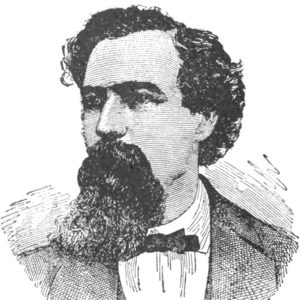 Ozro Hadley
Ozro Hadley
Hadley, Ozro Amander
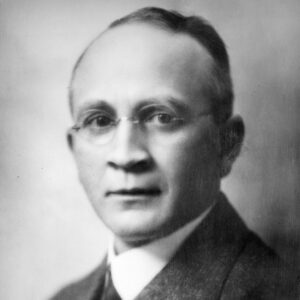 Hal L. Norwood
Hal L. Norwood
Haley, George Williford Boyce
Hall, Claris Gustavius “Crip”
Hall, Nancy Johnson
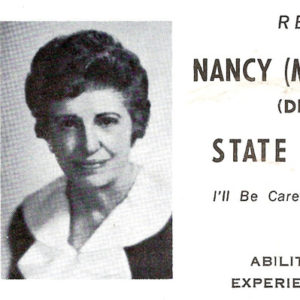 Nancy Hall Campaign Material
Nancy Hall Campaign Material
Halter, Bill
 Bill Halter
Bill Halter
Hamblen, Samuel George
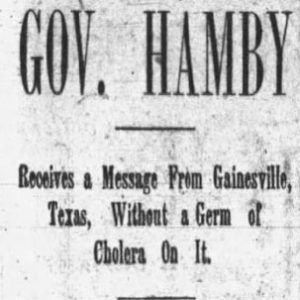 Hamby Cholera Concern
Hamby Cholera Concern
Hamby, Christopher Columbus
Hammerschmidt, John Paul
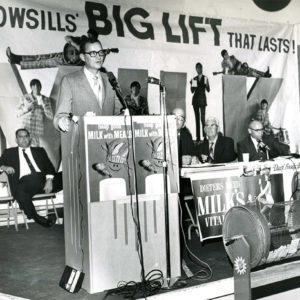 John Paul Hammerschmidt
John Paul Hammerschmidt
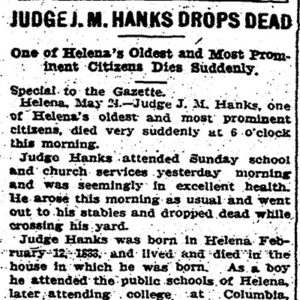 Hanks Death Notice
Hanks Death Notice
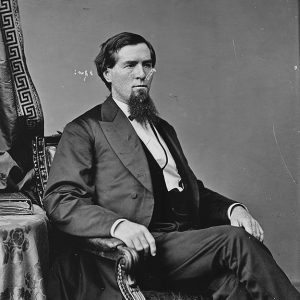 James M. Hanks
James M. Hanks
Hanks, James Millander
Hardin, Joseph Carrol
 Lu Hardin
Lu Hardin
Harding, Dexter
Hardison, T. W.
Harris, Carey Allen
Harris, Carleton
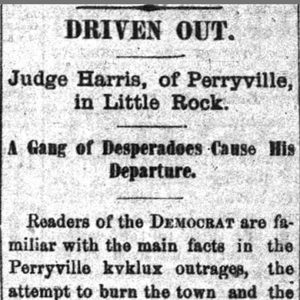 Judge Harris Flees
Judge Harris Flees
Harris, Oren
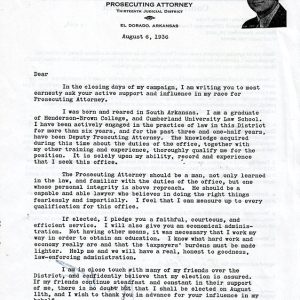 Oren Harris Campaign Letter
Oren Harris Campaign Letter
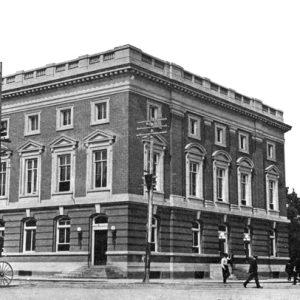 Harrison Government Building
Harrison Government Building
Harrison, William M.
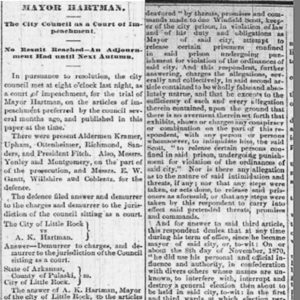 Hartman Impeachment Article
Hartman Impeachment Article
Hartman, Alexis Karl
Harvey, “Coin”
aka: William Hope Harvey
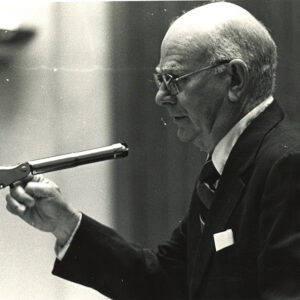 Robert Harvey
Robert Harvey
Harvey, Robert Drennen (Bob)
Hate Groups
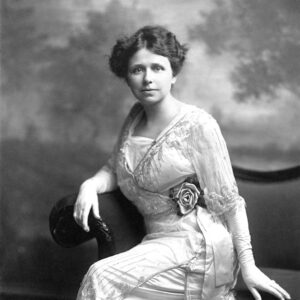 Hattie Caraway
Hattie Caraway
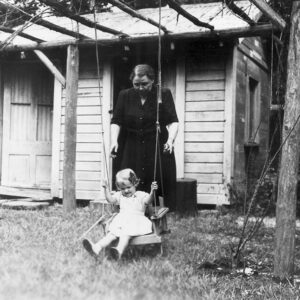 Hattie Caraway and Granddaughter
Hattie Caraway and Granddaughter
Havis, Ferd
aka: Ferdinand Havis
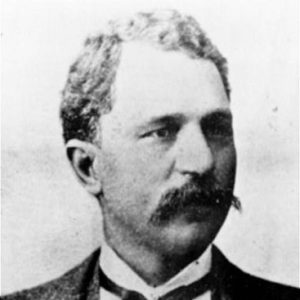 Ferd Havis
Ferd Havis
Hawkins, Marlin Conover
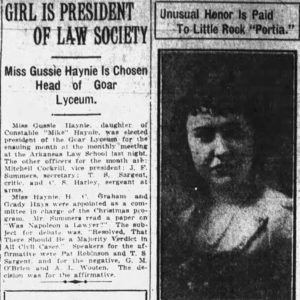 Gussie Haynie Article
Gussie Haynie Article
Haynie, Gussie Faye
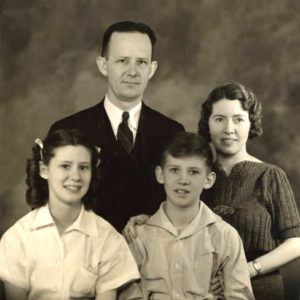 Hays Family
Hays Family
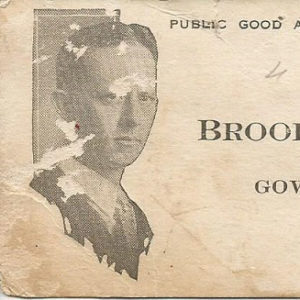 Brooks Hays Card
Brooks Hays Card
Hays, George Washington
Hays, Lawrence Brooks
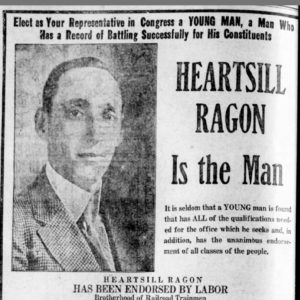 Heartsill Campaign Ad
Heartsill Campaign Ad
Heartsill, Willie Blount Wright (W. B. W.)
Heckaton
 Religion, Mural by Paul Heerwagen
Religion, Mural by Paul Heerwagen




